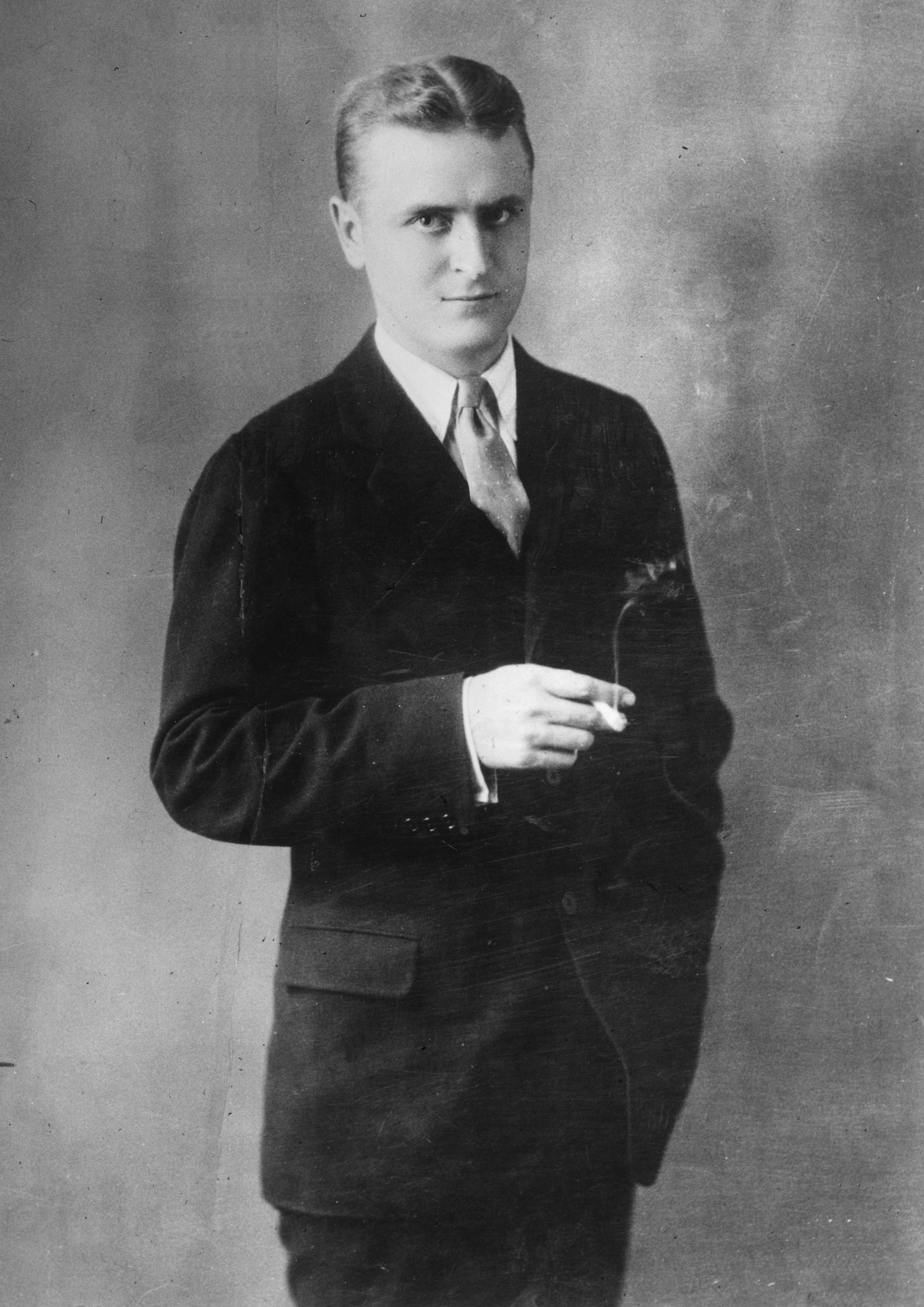Book of a lifetime: The Great Gatsby by F Scott Fitzgerald
From The Independent archive: Juliet Nicolson ‘The Great Gatsby’ by F Scott Fitzgerald

I was 17 years old, faintly spotty and in love with Rupert Brooke. I had just been removed from my Home Counties boarding school, slap in the middle of the A-level course. My parents had become disillusioned with the academic goals of the institution after discovering that the entire school had been awarded a day’s picnic to celebrate one girl’s successful application to university.
Instead, I was sent to a serious-minded London crammer. My English lit tutor lived at the end of the Northern Line and twice a week I made the hour-long Tube journey to see her, using the anonymity of the carriage to refine my awkward attempts at presenting myself as an experienced smoker. Recognising basic gaps in my education, Nancy Ellworth had asked me to read the entire Shakespeare canon, a job to be completed by the first half of the term. But during our tutorials we had begun The Great Gatsby and suddenly the innocently quiet boarding-school volume of my life was amplified into one of adult daring, glamour, and above all sex.
Here was a code of behaviour, contingent on a murky but rather thrilling corruption, unrecognisable to a schoolgirl accustomed to the cosy backdrop of the leafy lanes of Kent. During the Tube trip, the ‘History Plays’ lay neglected in my satchel, while Daisy Buchanan, her voice “full of money – that was the inexhaustible charm that rose and fell in it”, claimed my heart.
Scott Fitzgerald’s story, set in Long Island, centres around the enigmatic Jay Gatsby, whose charismatic fascination is intensified by a mystery concerning his true identity and source of his huge wealth. His obsessive love for Daisy, the origins of which pre-date the book, and his subsequent efforts to regain her, despite her married state, become the catalyst for the sequence of tragedies that unfold. Here, for me, was a grown-up world, an existence fizzing with dance, drink and dangerously delicious temptation.

Of course Nick Carraway was the character with whom I felt most in emotional harmony, his quiet reflectiveness at odds with the Gatsby monied world. Initially excluded, Nick is simultaneously attracted and appalled by Gatsby’s parties, while despite himself, he half-hopes that one day he might receive an invitation to join in. I had never been to America; my father had designated the country banned territory “until you are old enough to understand it”.
But here in a book was all the sparkling, tinkling drama of transatlantic youth whose existence I had suspected and which I hoped was waiting for me. Just as Gatsby wanted to make his dreams come true, and “believed in the green light, the orgiastic future” even though it seemed at times elusive, so did I. Reading the novel, I felt like a girl on the brink of her life.

Join our commenting forum
Join thought-provoking conversations, follow other Independent readers and see their replies
Comments